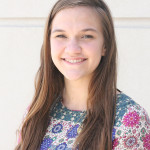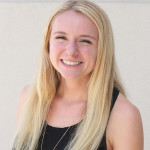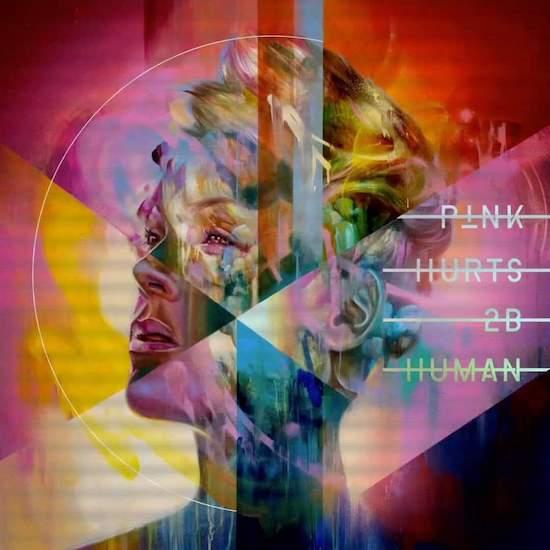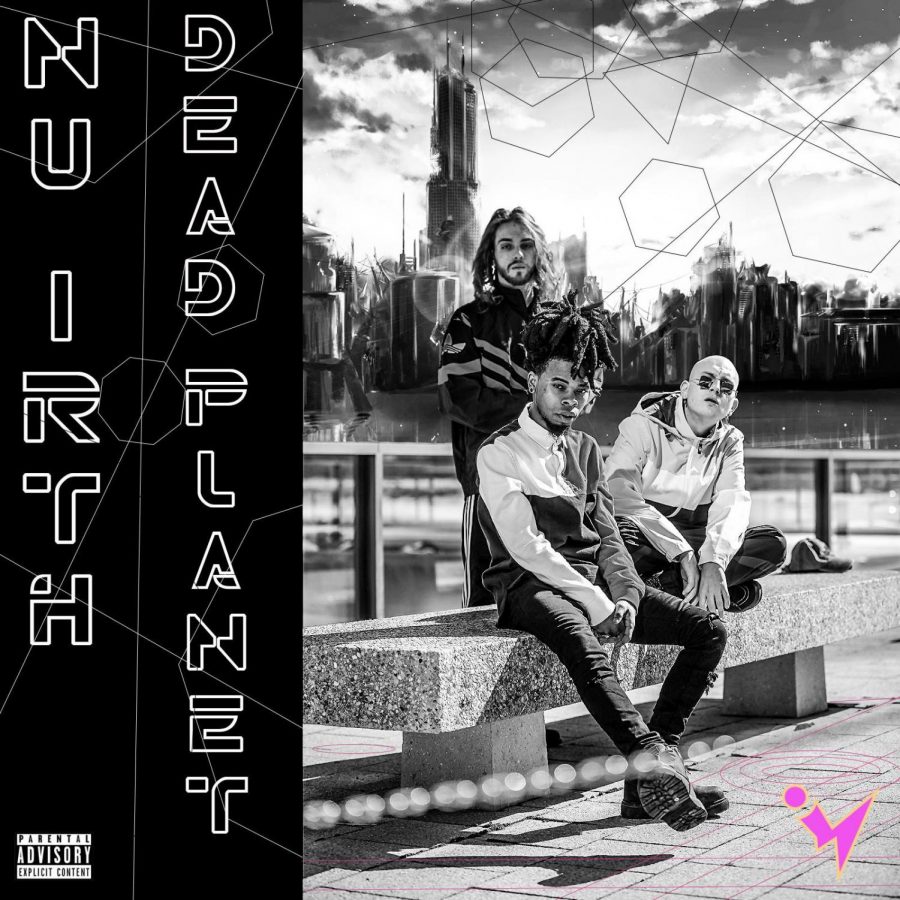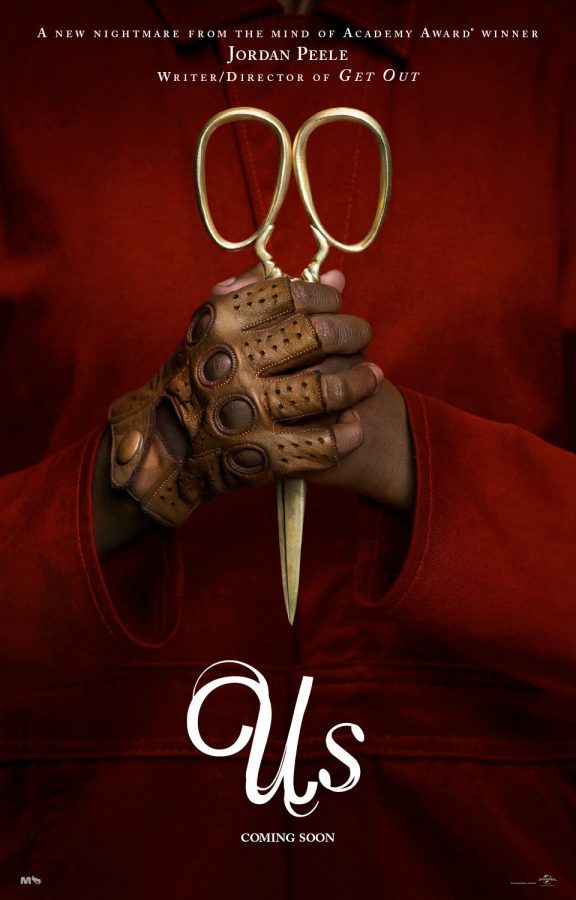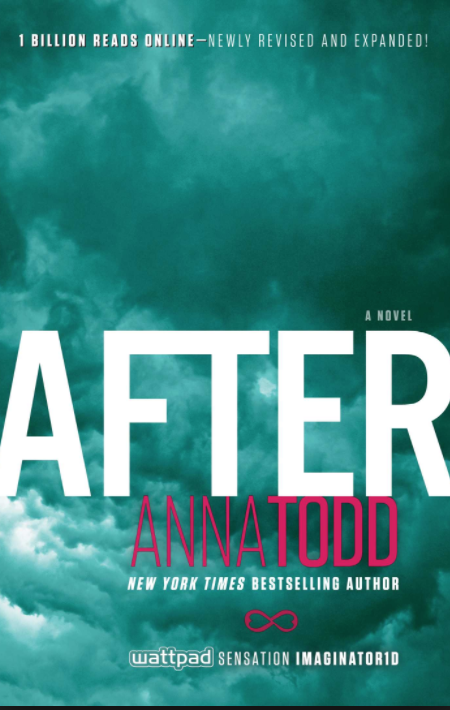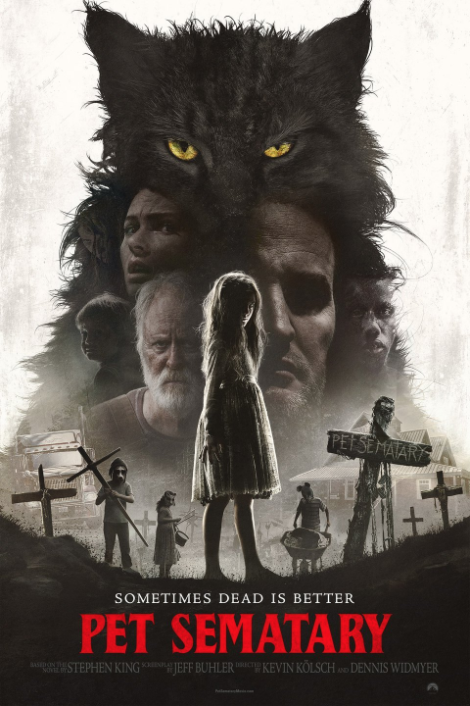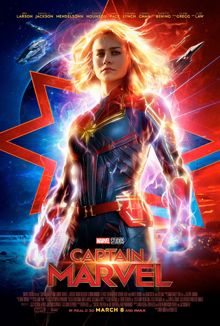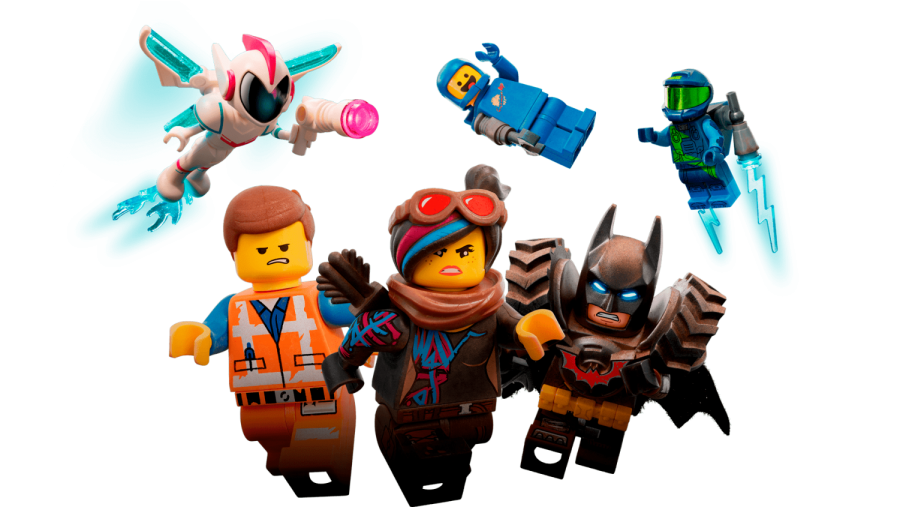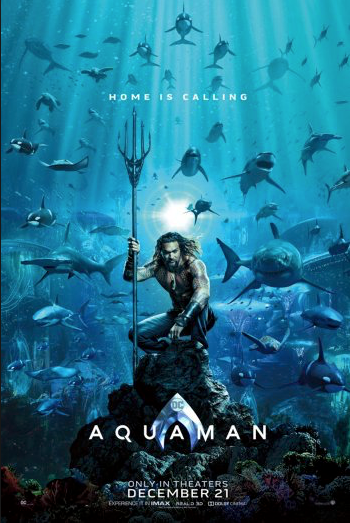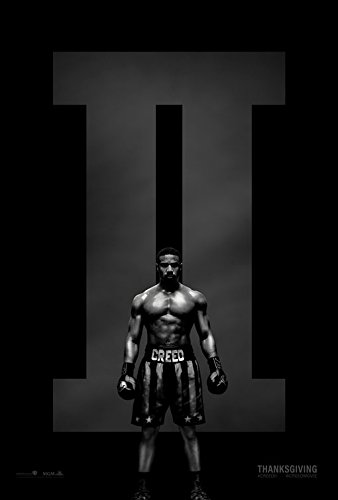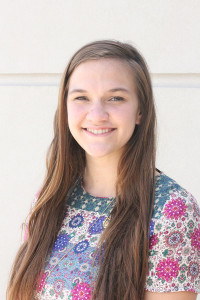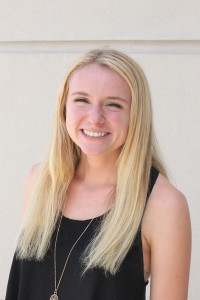When talking about classic rock music, big names like Pink Floyd, The Rolling Stones, and Aerosmith come to mind. By combining complicated guitar riffs and electrifying drums with the Mick Jones’ highly respected vocals, Foreigner has earned the accreditation of being noted along side these legends. From the smash hit “I Want to Know What Love is” to playing to over 200,000 music-lovers at Woodstock 2, Foreigner has created a solid name for themselves in rock music throughout decades. The Bite chatted with Thom Gimbel about his journey ranging from Aerosmith to Foreigner and everything in between.
By playing in such huge rock bands, you’ve had the opportunity to shape the world of music. What would you want your lasting impact to be on the industry?
Well, I would just hope that we did a lot, A LOT, of great shows, I can remember just scores of them, with both bands, page after page, year after year of doing great shows and the thing about a concert that I feel the best about is that it brings people together. So I would hope that as a musician and playing concerts, that would be our primary goal– to bring people together and put a smile on their face, and have them enjoy the night. I think that’s pretty much my goal as a performing musician.
Do you have a specific performing moment that sticks out in your mind?
There are lots of them, and they sort of drift in and out. One day I’ll be remembering one thing, and another day I’ll be remembering another thing, another era. It goes all the way back to the early bands that you’ve probably never heard of. I remember doing shows. We were just up in Maine, and I remember doing shows up there with a band that no one’s heard of. It’s been a great journey for me, and I feel very fortunate.
You’ve played to hundreds of thousands of fans throughout Europe and America—what is it like to be touring the world and playing to so many people?
As I was thinking about memorable moments, one that always comes to mind is Woodstock 2. Woodstock 2 was in the mud and the rain just like the original Woodstock. I was there with Aerosmith, and we just had the greatest time imaginable. There were 200,000 people there, so when they would roar as a crowd, it was so loud. I’d never heard anything like that before and haven’t heard since. But we’ve done festivals that were 100,000 or maybe more than 100,000, and that’s a pretty awesome sound also…It doesn’t matter the size really—any crowd that’s really into it with that enthusiasm, that’s the adrenaline, and that’s what keeps us going.
2013 was the most successful year since Foreigner’s reformation, and you entered the Top 10 at Classic Rock Radio. How does it feel to be up there with, and even out-selling catalog sales of other legends such as AC/DC, The Eagles and The Stones?
It’s an honor to be mentioned with those other bands, but I think it’s a testament to the strength of the songs. Mick Jones, the founder, he crafted his music in such a way that it really has stood the test of time. It’s just incredible that there’s fewer and fewer bands like us still around. We’re still out here doing it, and I think it’s all just thanks to the great songs.
What do you think has had the biggest impact on your music personally?
I think we’re very influenced by the early British rock bands. You know, Bad Company, Cream. When I was growing up, it was Deep Purple and Black Sabbath, it was always some cool British rock band. When Foreigner came around, it was a blend of this British rock element coming from Mick Jones and this American kind of rootsy-bluesy singing coming from Lou Graham. It was this special hybrid combination, and I think that’s really what drives the center of the sound in Foreigner’s case. It’s primarily Mick: his songs, and his guitar-writing, and the way he plays. It’s just such a powerful guitar sound. You’ve got those great elements working together, and it’s kind of like a recipe for a really good chemistry.
Describe a typical day on tour with Foreigner.
I’m assuming you mean a day where there’s a show…most of the guys we try to time out our energy so our peak energy is right around showtime, which is somewhere near 8 p.m. We try to sleep late, get up, eat a healthy breakfast or brunch, some coffee, some decaf, and a trip to the gym. Before you know it, it’s time to pack up, check out and jump on the bus. We go over to the venue, sometimes there’s a soundcheck. We’ll see the choir and say hello and just get ready for the show. Have a little bite to eat and get ready for the show and hit the stage at 8 p.m. After the show we pack up, get on the bus, head to the next city, wake up the next morning and do it all over again.
What music do you listen to during your downtime?
We like a lot of different stuff. For me, it’s still a lot of Al Green and Marvin Gaye, Stevie Wonder, Earth, Wind & Fire, the old early ZZ Top–a lot of the bluesy stuff. Freddy King is a big hit in our crowd. We love Clapton and some of the Pink Floyd stuff obviously. There’s a lot of classic stuff, and there’s a lot of new stuff too that’s really cool.
When you were growing up, what kind of music did you listen to?
It depends on how young. It changed every year. In my family, everyone listened to music. The house was filled with music. We weren’t allowed to watch TV but we were allowed to listen to records. We had comedy records, my parents records, or anything we could get our hands on. I always loved it. The music always made me crazy. When I heard Elvis Presley, and when I was really young Johnny Cash, it just drove me crazy; I loved them. And then when we saw The Beatles–everybody freaked out when they saw The Beatles on Ed Sullivan. All of the guys wanted to be in a band because there were screaming girls, and we were like, “How can I get that job?” My dad gave me tapes by Cream and The Who, and The Who was a really big deal. I just loved their rock operas, both of them. I was totally into it. It led me down the path of all kinds of jazz and rock and blends of the two. I’ve always liked that kind of power-chord-rock that the Who did with those suspended chords. And Foreigner has that. It’s simple, powerful, and quite complex.
Would you say the music you listened to in the past had an effect on your overall music career now?
Yes. Absolutely. I’ve always loved rock music. You know different people love classical or jazz or whatever, but I’ve always loved rock music. I just felt it was something that I was automatically drawn to.
Who, in your eyes, is the coolest person you have met in your career?
Well, there has been a bunch of them, but Mick Jones will always be the one that comes to mind first, because of this band and the way he runs the band and his vision.



